News and features
Read the latest news and features about our world-leading research, discoveries, fundraising and philanthropy. If you want to keep updated on our news, you can follow us on social media or sign up for our Search newsletter.
If you’re a journalist and want to find out more, you can contact our media relations team.
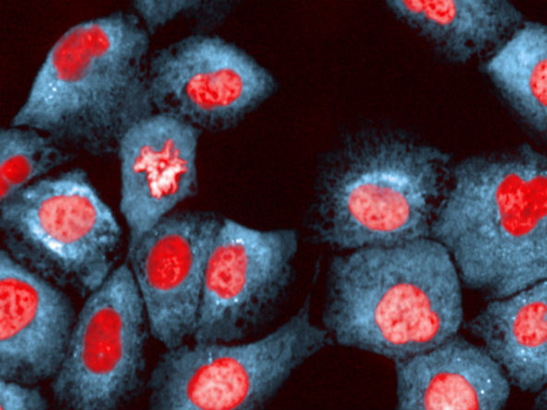
New insights show how some breast cancers resist treatment
Breast cancer cells can become resistant to a common anticancer drug in a variety of different ways — suggesting that tailored treatment combinations to overcome resistance may be required for each patient.

Artificial DNA could build new generation of cancer drugs
Scientists have built the first 3D nano-sized objects using artificial DNA, which could be used to deploy cancer treatments inside tumour cells.
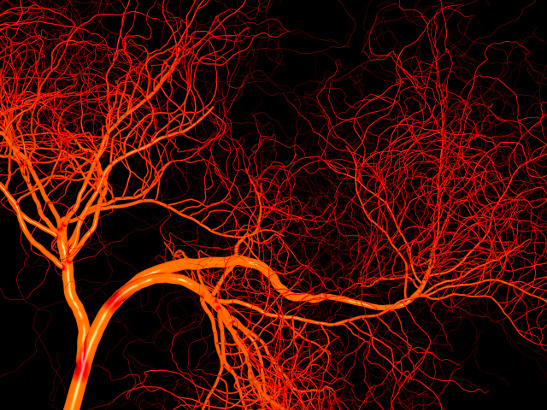
Cancer thwarts treatment by ‘stealing’ blood vessels
Cancers can resist treatment by ‘stealing’ blood vessels from nearby tissues, a new study shows.
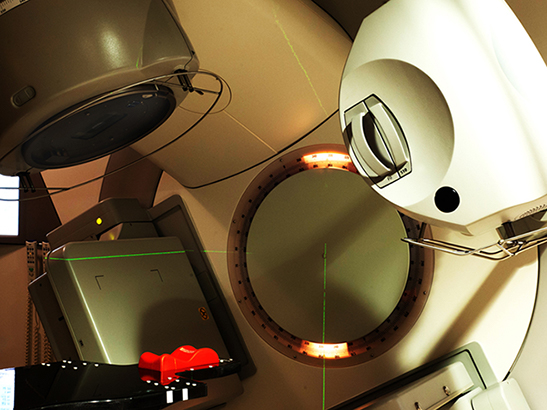
Study predicts rare but severe side-effects after breast cancer radiotherapy
Small skin samples can be used to predict the likelihood of rare but severe side-effects that can occur years after radiotherapy for breast cancer, according to new research.
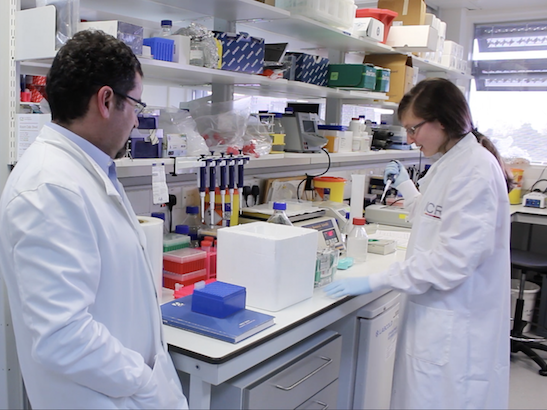
Children with cancer to get new gene test
Children with cancer at leading hospitals across the UK will be offered testing for genetic mutations in their tumours as part of a new initiative to begin to personalise children’s cancer treatment.

New blood test could direct pancreatic cancer treatment
Scientists have developed a blood test that can pick out patients with pancreatic cancer who require different types of treatment to delay progression of the disease.

Scientists identify potential treatment options for rare cancer
Researchers have found that a combination of chemotherapy and modern radiotherapy can benefit patients with advanced nasopharyngeal cancer – a cancer that starts at the back of the nose.
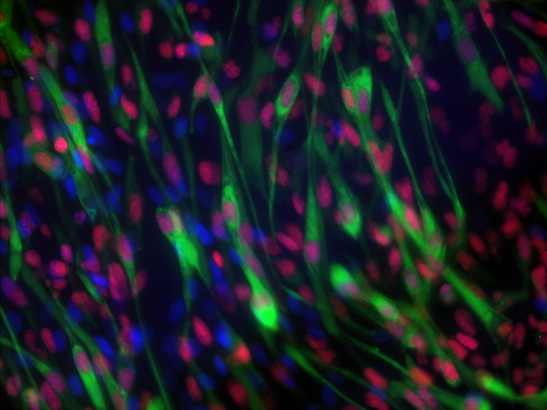
Seeking kinder ways to tackle childhood cancer
Our research could reshape how we treat rhabdomyosarcoma, making huge, long-lasting improvements to young patients’ lives. Liz Burtally finds out how.
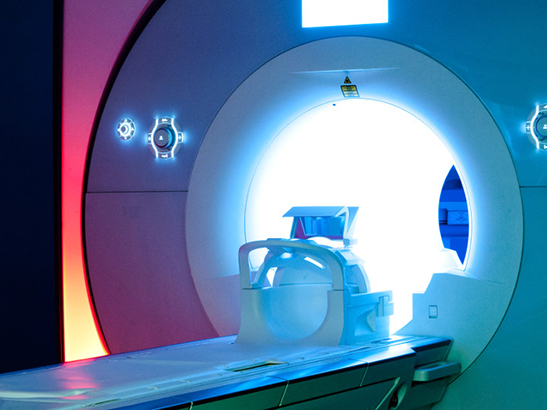
Frequent MRI scans help to target bladder cancer
A new radiotherapy technique could help doctors to focus treatment more precisely on tumours in the bladder and reduce damage to surrounding healthy tissue.

NICE recommends abiraterone use before chemotherapy
NICE has announced that abiraterone, the life-extending prostate cancer drug discovered at The Institute of Cancer Research, London, will be made available for men on the NHS earlier in the course of their treatment.

Using mathematical models to guide cancer treatment
Researchers have found a way to estimate the number of cells responsible for driving and maintaining a cancer’s growth, and the results could help to tailor treatments to each patient’s cancer.

ICR science symposium to commemorate legacy of Chris Marshall
The Institute of Cancer Research, London, will celebrate the outstanding scientific achievements of the late Professor Chris Marshall, former Director of Research at the ICR, during a symposium at the Royal Society.
